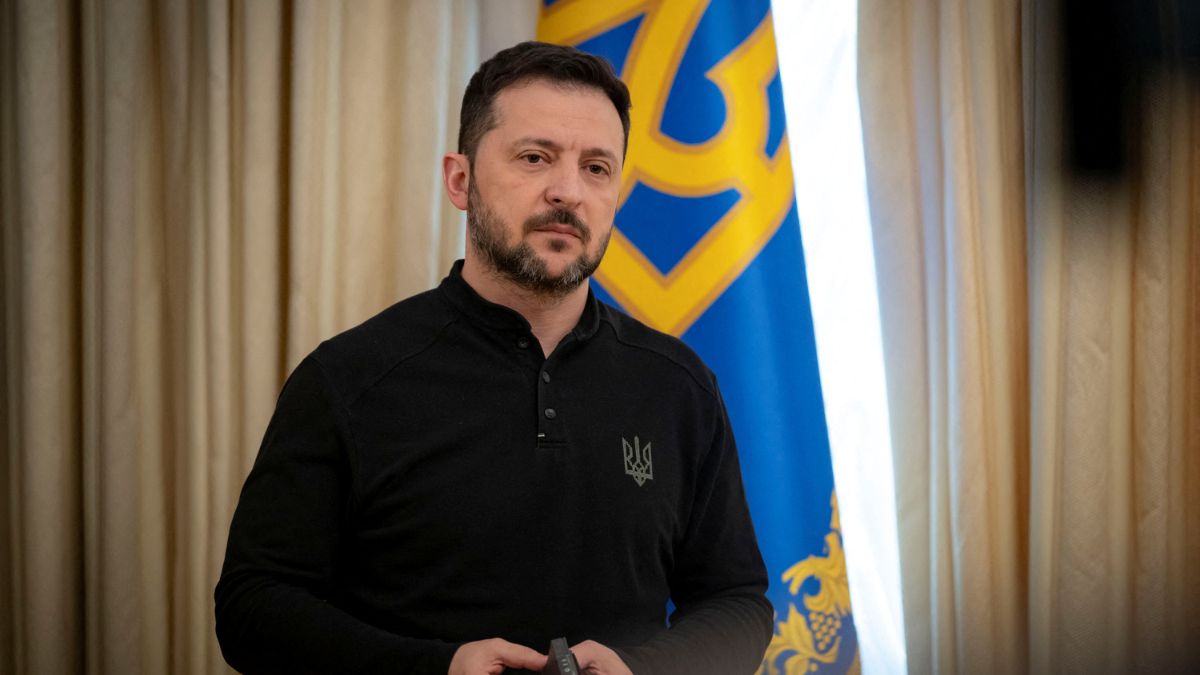Ukrainian President Volodymyr Zelenskyy has invited top European leaders to Kyiv on May 9 in a symbolic push to overshadow Russian President Vladimir Putin’s annual Victory Day parade in Moscow.
The overture is part of Ukraine’s diplomatic effort to rally support for Ukraine as it continues to endure a grinding war now in its fourth year.
Speaking at a meeting of European Union foreign ministers in Luxembourg on Monday (April 14), Ukraine’s Deputy Foreign Minister Andrii Sybiha urged his counterparts to “show our unity and resolve in the face of the biggest aggression in Europe since the Second World War,” POLITICO reported.
The date, steeped in historical significance for Russia as it commemorates the end of World War II, is often used by Putin to project military strength from Red Square. This year’s commemorations come as Russia intensifies its offensive in eastern Ukraine and seeks to cement international backing from a group of non-Western allies.
Putin has reportedly invited the leaders of Israel, China, Brazil, Slovakia and Serbia to join the Moscow parade, according to Russian state media. The list notably excludes the United States and most EU member states.
In contrast, Zelenskyy is aiming to draw attention away from Moscow by convening his own high-level gathering. In addition to the EU invite, he is seeking to host a meeting of Ukraine’s so-called “coalition of the willing” — countries offering security guarantees — to determine a post-ceasefire framework should talks with Russia yield any breakthrough. The United States is not part of that coalition.
Two EU diplomats, speaking on condition of anonymity, said discussions were underway for a potential visit to Kyiv by heads of state in early May, possibly including Germany’s chancellor-in-waiting Friedrich Merz.
Impact Shorts
More ShortsMeanwhile, Russia’s war in Ukraine shows no signs of abating. On Palm Sunday, a ballistic missile strike on the city of Sumy killed 34 civilians and wounded over 170 — one of the deadliest attacks in recent months. The bombing drew sharp condemnation from Western leaders, including US Secretary of State Marco Rubio.
Donald Trump, who is currently seeking to broker a ceasefire between Kyiv and Moscow, called the strike “terrible” but refrained from directly criticising Russia — a pattern that has become increasingly noticeable in his handling of the conflict.


)

)
)
)
)
)
)
)
)



